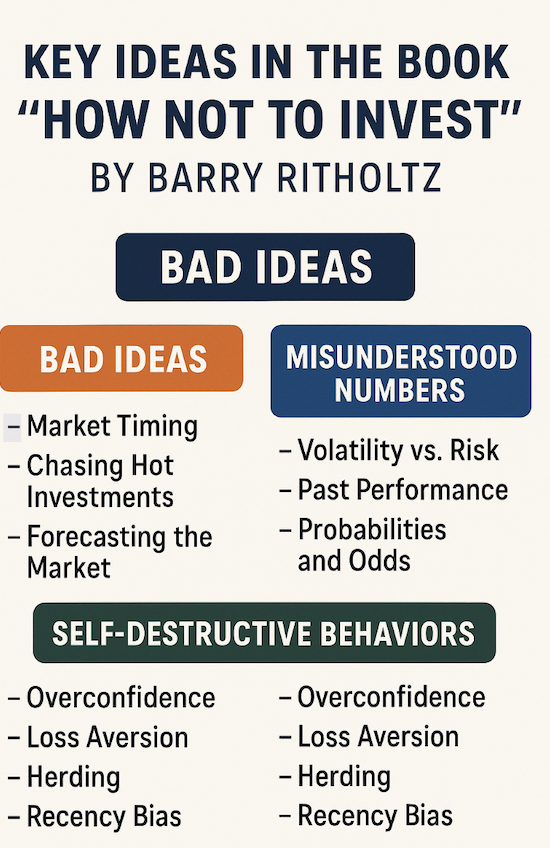Why I Believe Social Security Benefits Are Just Crumbs After 30 Years of Hard Work
A Reddit user isn’t very happy about his Social Security benefit amount. He did the math on what he paid in and feels like he should be getting a much larger retirement check than he is on track for. Here are the details on why the poster is upset about the benefits he’s getting — […] The post Why I Believe Social Security Benefits Are Just Crumbs After 30 Years of Hard Work appeared first on 24/7 Wall St..

Key Points
-
A Reddit user is not happy with his Social Security benefit.
-
He did the math and found that the benefits are very low relative to what you pay in.
-
You get more from Social Security besides just retirement benefits, so calculating the ROI is tricky.
-
Are you ahead, or behind on retirement? SmartAsset’s free tool can match you with a financial advisor in minutes to help you answer that today. Each advisor has been carefully vetted, and must act in your best interests. Don’t waste another minute; get started by clicking here.(Sponsor)
A Reddit user isn’t very happy about his Social Security benefit amount. He did the math on what he paid in and feels like he should be getting a much larger retirement check than he is on track for.
Here are the details on why the poster is upset about the benefits he’s getting — and what you should do to make sure your retirement is a secure one, even though Social Security benefits may be lower than you’d think.
Are we being ripped off with low Social Security benefits?
The Redditor explained that the math on Social Security benefits just doesn’t work for most people because you don’t take out the amount you should based on how much you pay in.
Specifically, he said that you pay 6.2% of wages into Social Security, up to the annual threshold at which your pay stops being taxed for these benefits. Your employer also pays 6.2% on your behalf. Based on a $60,000 average wage over 30 years, and based on the S&P 500 average return of 10.49% from 1995 to 2024, the poster said that you would end up with around $1,647,000 in an investment account if you saved the money rather than sending it to Social Security.
At a 4% withdrawal rate with a 20-year retirement, you’d generate $65,880 per year if you had the money in an investment account. By contrast, your Social Security benefit would typically be around $24,000 with an average $60K a year salary.
While the poster is right that you end up with a smaller Social Security benefit, the fact is that Social Security isn’t quite the same as a savings account for a few key reasons, including the fact that:
- It’s guaranteed to last until you die, unlike your savings, and you get periodic cost-of-living adjustments pegged to inflation, so your benefits increase more as prices rise
- Your spouse can claim spousal benefits on your work record if they were the lower earner or didn’t work at all, and can claim survivor benefits based on your work history if you pass away first
- Your spouse or children can get Social Security benefits if you die at a young age
- You can claim disability benefits on Social Security if you become unable to work.
In other words, you aren’t just paying to put money into a retirement account that will give you benefits later. Social Security is also a type of insurance that protects you and your loved ones if something goes wrong. As several Redditors pointed out, the system was designed as a social safety net and not to be your sole source of retirement funds, but rather to help ensure everyone who worked had at least some money to live on as a retiree.
Social Security can’t be your sole support source

While multiple people agreed with the original poster (OP) that the benefits you get from Social Security are inadequate given the contributions you make, the reality is that benefits are not likely to increase anytime soon. In fact, there were several commenters who warned that Social Security benefit cuts could be a possibility, leaving people with even less than the promised amount.
Even in a best-case scenario, the OP is also correct that Social Security benefits only replace a small percentage of income earned — typically, around 40% of your average wage. This is just not going to be enough for you to have a comfortable retirement. While you do get the benefit of a guaranteed income source that provides a safety net, you’ll need income from savings and investments to maintain your standard of living.
A financial advisor can help you develop a realistic idea of what your Social Security benefits will cost you, and can also work with you to ensure you are preparing to save and invest the amount needed to supplement those benefits and build a secure future.
The post Why I Believe Social Security Benefits Are Just Crumbs After 30 Years of Hard Work appeared first on 24/7 Wall St..









































































































































































